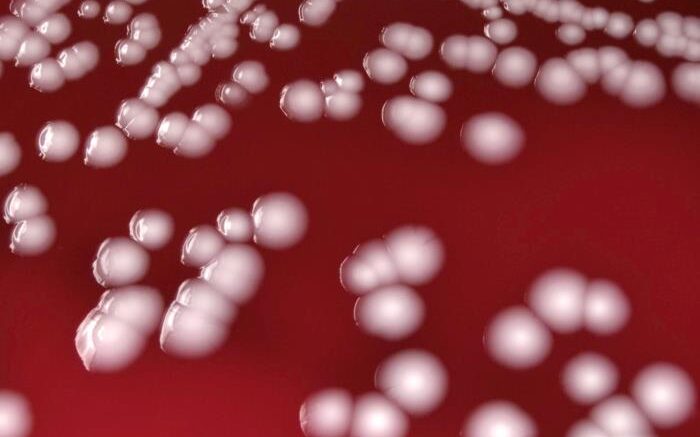Acinetobacter baumannii. Courtesy of the CDC
Perez, et al. (2020) describe a case in which a New Jersey hospital reported a cluster of Carbapenem-resistant Acinetobacter baumannii (CRAB) infections during a surge in patients hospitalized with coronavirus disease 2019 (COVID-19).
As the authors remind us, "Carbapenem-resistant Acinetobacter baumannii (CRAB), an opportunistic pathogen primarily associated with hospital-acquired infections, is an urgent public health threat. In healthcare facilities, CRAB readily contaminates the patient care environment and health care providers’ hands, survives for extended periods on dry surfaces, and can be spread by asymptomatically colonized persons; these factors make CRAB outbreaks in acute-care hospitals difficult to control."
They emphasize that, "The occurrence of this cluster underscores the potential for multidrug-resistant organisms (MDROs) to spread during events when standard hospital practices might be disrupted; conventional IPC strategies should be reinstated as soon as capacity and resources allow."
Reference: Perez S, Innes GK, et al. Increase in Hospital-Acquired Carbapenem-Resistant Acinetobacter baumannii Infection and Colonization in an Acute Care Hospital During a Surge in COVID-19 Admissions — New Jersey, February–July 2020. Morbidity and Mortality Weekly Report. Vol. 69. Dec. 1, 2020.

Be the first to comment on "Increase in Hospital-Acquired CRAB Infection and Colonization During a Surge in COVID-19 Admissions"